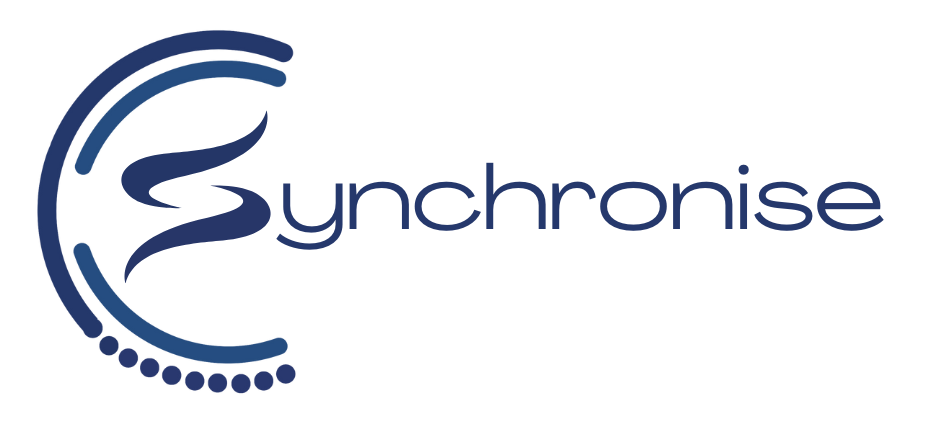In recent years, the world has witnessed a rapid advancement in technology, and artificial intelligence (AI) has emerged as a transformative force in various industries. One area where AI has gained significant attention and traction is in recruitment and hiring processes. As organisations seek to streamline their hiring procedures and improve efficiency, questions arise about the potential impact of AI on the personal element of hiring.
The Rise of AI in Recruitment
AI has found a multitude of applications in the field of recruitment. From resume screening and candidate sourcing to interview scheduling and predictive hiring analytics, AI has the potential to make the hiring process more efficient and data-driven. Here are some key ways in which AI is being utilised in recruitment:
- Resume Screening: AI-powered algorithms can quickly scan and analyse resumes to identify qualified candidates based on predefined criteria, saving recruiters valuable time.
- Candidate Sourcing: AI tools can scour the internet and databases to find potential candidates who match a job’s requirements, expanding the talent pool.
- Chatbots and Virtual Assistants: AI-driven chatbots and virtual assistants can engage with candidates, answer their questions, and even conduct preliminary interviews.
- Predictive Analytics: AI can analyse historical hiring data to predict which candidates are more likely to succeed in a particular role, aiding in better decision-making.
- Interview Analysis: AI can assess facial expressions, voice tone, and language patterns to provide insights into candidate suitability and cultural fit.
The Potential Benefits of AI in Recruitment
- Efficiency: AI can automate time-consuming tasks, allowing recruiters to focus on more strategic aspects of the hiring process.
- Data-Driven Decision-Making: AI can provide valuable insights and data to help organisations make more informed hiring decisions.
- Reducing Bias: By removing human bias from initial screening processes, AI can contribute to fairer and more diverse hiring practices.
- Cost Savings: AI can reduce recruitment costs by automating repetitive tasks and reducing time-to-fill positions.
The Concerns Surrounding AI in Recruitment
While AI offers numerous advantages in recruitment, it also raises concerns, particularly regarding the personal element of hiring:
- Candidate Experience: The increased use of AI may make candidates feel like they’re dealing with machines rather than people, potentially leading to a negative candidate experience.
- Loss of Human Touch: The personal connections, empathy, and intuition that human recruiters bring to the process may be lacking when AI takes over.
- Bias in Algorithms: AI algorithms can inherit biases from historical data, potentially perpetuating discrimination if not carefully designed and monitored.
- Ethical Dilemmas: There are ethical questions about the use of AI in making high-stakes employment decisions, such as hiring and firing.
Balancing AI with the Personal Element
While AI can significantly enhance recruitment processes, it’s essential to strike a balance between automation and the personal touch. Here are some strategies to achieve this balance:
- Use AI as a Tool: AI should be seen as an aid to recruiters rather than a replacement. Use it to streamline repetitive tasks and gather data but retain the human element in decision-making.
- Maintain Human Interaction: Ensure that candidates have opportunities for meaningful interactions with human recruiters at various stages of the hiring process.
- Monitor for Bias: Regularly audit and update AI algorithms to minimize bias and ensure fairness in hiring.
- Transparent Communication: Be upfront with candidates about the use of AI in the recruitment process to manage expectations and maintain transparency.
AI’s impact on recruitment is undeniable, and it has the potential to revolutionise the way organisations identify and hire talent. However, the personal element of hiring remains essential, as it involves building connections, understanding cultural fit, and making judgments that go beyond what algorithms can offer. Striking a balance between the efficiency of AI and the personal touch of human recruiters will be key to ensuring that AI enhances rather than diminishes the recruitment experience for both employers and candidates. The future of recruitment is likely to be a harmonious blend of human expertise and AI-driven efficiency.
For more information give us a call. We’d love to chat and assist you to reach your goals.

